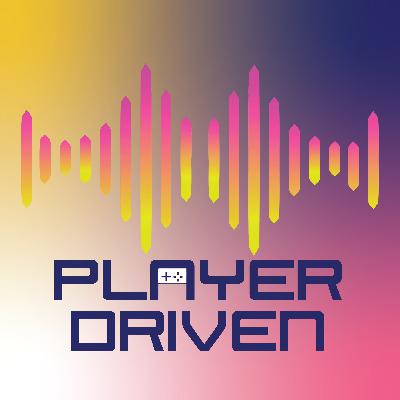Episode Overview:
In this episode, Greg Posner interviews Fiene Ziegler, Senior Community Management Specialist at InnoGames. Fiene shares her journey into gaming, insights on merging community management with social media, the importance of data-driven strategies, and her vision for the future of player engagement. Her experience sheds light on how to effectively manage online communities in a dynamic industry and adapt to new platforms to reach a wider audience.
Topics: Community Management, Social Media Strategy, Gaming Industry Trends, Player Engagement
Key Takeaways:
1. Journey to Gaming and Community Management
Fiene shares her unique journey from studying law to entering the gaming industry as a community manager. Her initial involvement was volunteer-based, leading her to a full-time role at InnoGames, where she manages community engagement for titles like Forge of Empires. Her background adds depth to her role, as she balances passion for gaming with the objectivity needed for community management.
2. Importance of Game Knowledge and Player Perspective
Fiene emphasizes the value of knowing the game inside and out, even as a manager. By actively playing Forge of Empires, she stays in touch with the player experience, offering insights to developers and community managers. Her expertise positions her as a resource within InnoGames for game-related decisions, showing how deep product knowledge can enhance community relations and drive engagement.
3. Social Media and Community Strategy
Fiene discusses the blending of community management with social media strategy, a trend she's championed at InnoGames. Platforms like TikTok, Instagram, and YouTube are essential for player engagement, though InnoGames finds certain platforms, like Facebook, more effective for its demographic. Fiene advocates for tailored content that resonates with current players while reaching new audiences organically.
4. Leveraging Data and KPIs in Community Engagement
With a data-driven approach, Fiene and her team monitor KPIs like engagement, reach, and active player response to measure campaign effectiveness. She uses tools like Power BI to track data, helping her strategize content and engage players more effectively. Her focus is to balance entertaining existing players while reaching out to potential players through innovative, data-backed campaigns.
5. Future Goals and Constant Learning
Fiene talks about her career aspirations, expressing an interest in furthering her skills in social media and marketing. With a passion for learning and self-improvement, she highlights the significance of acquiring diverse skills—like using Premiere Pro and Canva—to stay current in a fast-evolving industry. Her commitment to growth serves as an inspiration for others in community management and social media roles.
Episode Summary:
In this episode, Fiene Ziegler provides a comprehensive look at what it means to manage and grow a gaming community. She offers practical insights into blending community engagement with social media strategies, leveraging data for decision-making, and building credibility through in-depth game knowledge. For gaming professionals and community managers alike, her journey and strategies are both inspiring and actionable, showcasing the impact of a well-rounded approach to community engagement.






